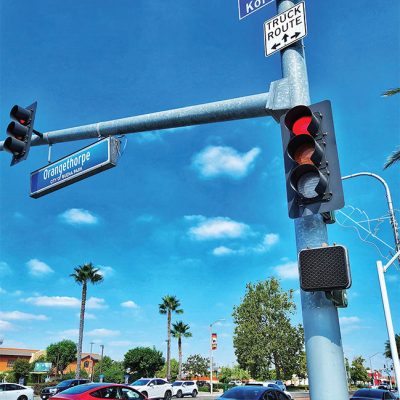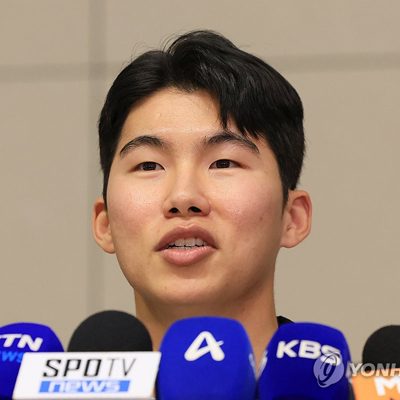The Los Angeles Times has shed light on the growing trend of reverse migration among Korean-Americans. This phenomenon isn’t limited to retired Korean-American seniors with dual citizenship returning to Korea; it also includes an increasing number of young second-generation and 1.5-generation Korean-Americans who were born in the U.S. or grew up there after moving with their parents at a young age.
Reasons for Reverse Migration
Korean-Americans choosing to return to Korea often cite:
- Lack of belonging in the U.S.
- Homesickness for their homeland
- Identity struggles
However, the article points out that upon returning to Korea, many face new identity challenges due to negative perceptions of Korean-American expatriates.
Growing Numbers
Last year, 9,379 Korean-Americans in Korea received U.S. Social Security benefits. This number has nearly tripled compared to 3,709 recipients a decade ago in 2013.
Factors Influencing Reverse Migration
For Seniors:
- Children’s independence and personal retirement leading to increased free time
- Growing sense of disconnection from American society
- Nostalgia for their homeland
- Practical considerations:
- Difficulty driving in old age (Korea’s well-developed public transportation is seen as an advantage)
- Healthcare (Korea’s more affordable and accessible healthcare system is a major factor)
For Younger Generations:
- Identity issues stemming from experiences as minorities in the U.S.
- Desire to feel a sense of belonging in Korea
Challenges in Korea
Despite hopes for a sense of belonging, many Korean-Americans face difficulties integrating into Korean society:
- Perception as opportunists returning to benefit from Korea’s improved economic situation
- Skepticism about their motives, especially regarding healthcare for seniors
- Double standards compared to white Americans (e.g., preference for white native English teachers over Korean-Americans)
- Feeling not “Korean enough” despite efforts to assimilate
Complex Realities
The article highlights that while Korea is actively trying to attract young people from overseas due to its low birth rate crisis, Korean-Americans often struggle with dual identities and integration challenges. Many contemplate returning to the U.S., but this path is also not without its difficulties.
Reported by Yeon-ho Jeong, Radio Seoul






